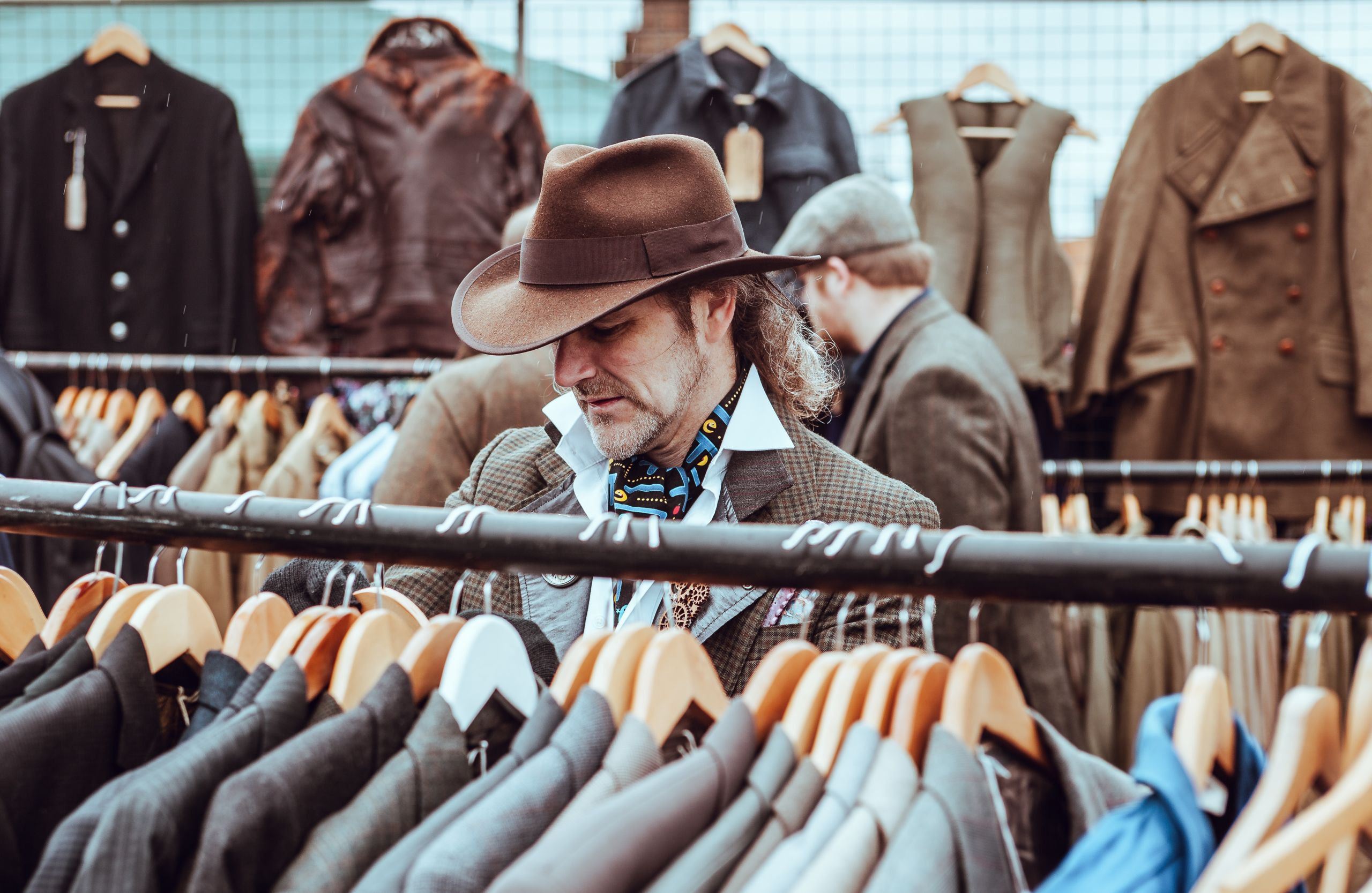Slow fashion: The independent fashion brands helping to reverse the culture of disposable clothing
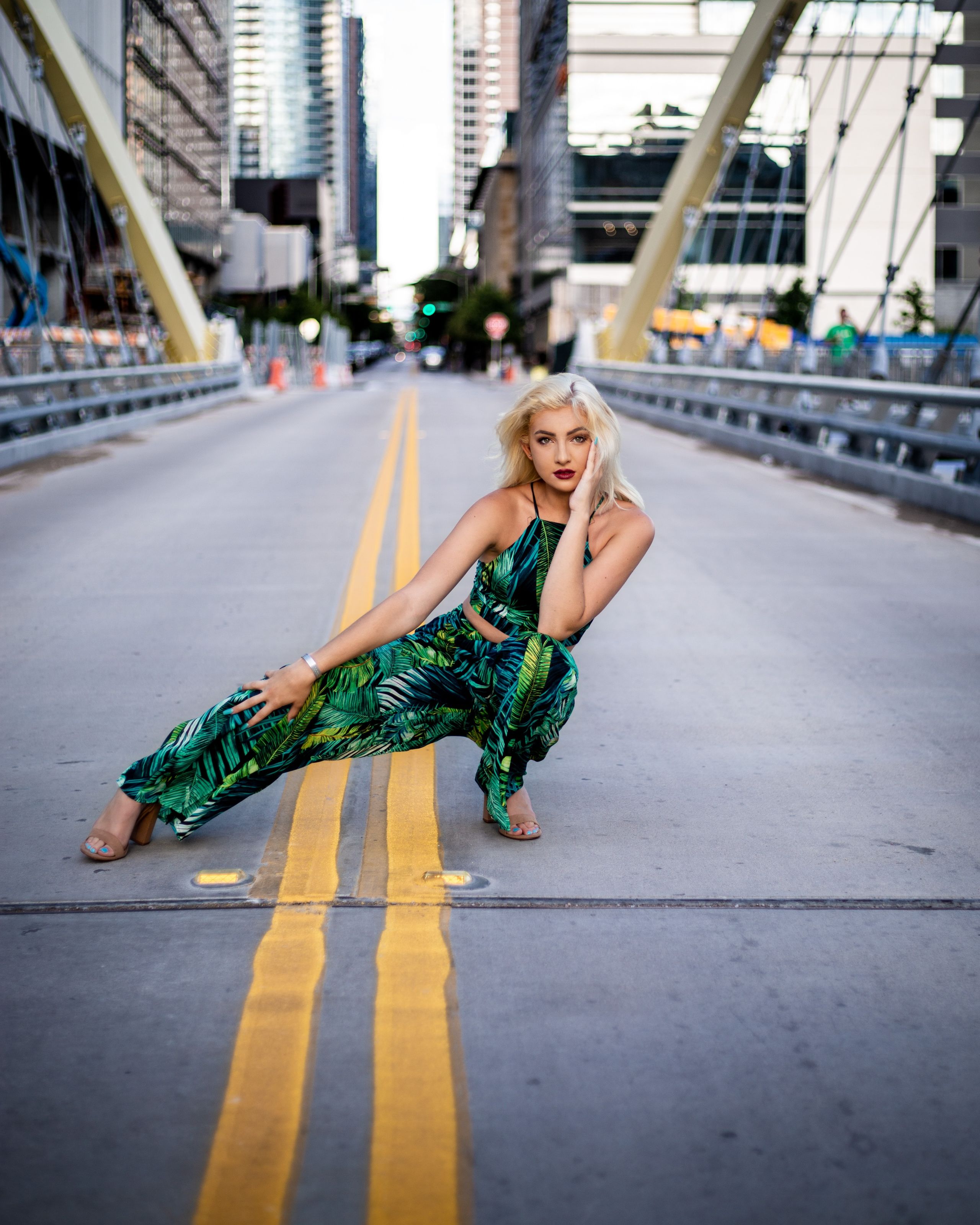
What is fast fashion?
The term fast fashion is used to describe the mass production of clothes which are sold at extremely low prices and are sometimes thrown away after a single use.
Instagram culture has helped to perpetuate the idea that you cannot be pictured wearing the same outfit twice and the constant '20% off' or 'free delivery' offers advertised by fast fashion brands makes it pretty easy to buy a new outfit for every occasion.
According to the 2019 Fixing Fashion report , textile production contributes more to climate change than international shipping and aviation combined. It also consumes lake size gallons of fresh water and creates chemical and plastic pollution.
Moreover, it is not only the environment that is deeply impacted by fast fashion. An investigation by The Guardian found that fast fashion brand Boohoo is selling clothes made by Pakistani workers who earn as little as 29p an hour. The report also found that these these workers are sometimes made to work 24 hour shifts in the rush to make clothes for the western world.
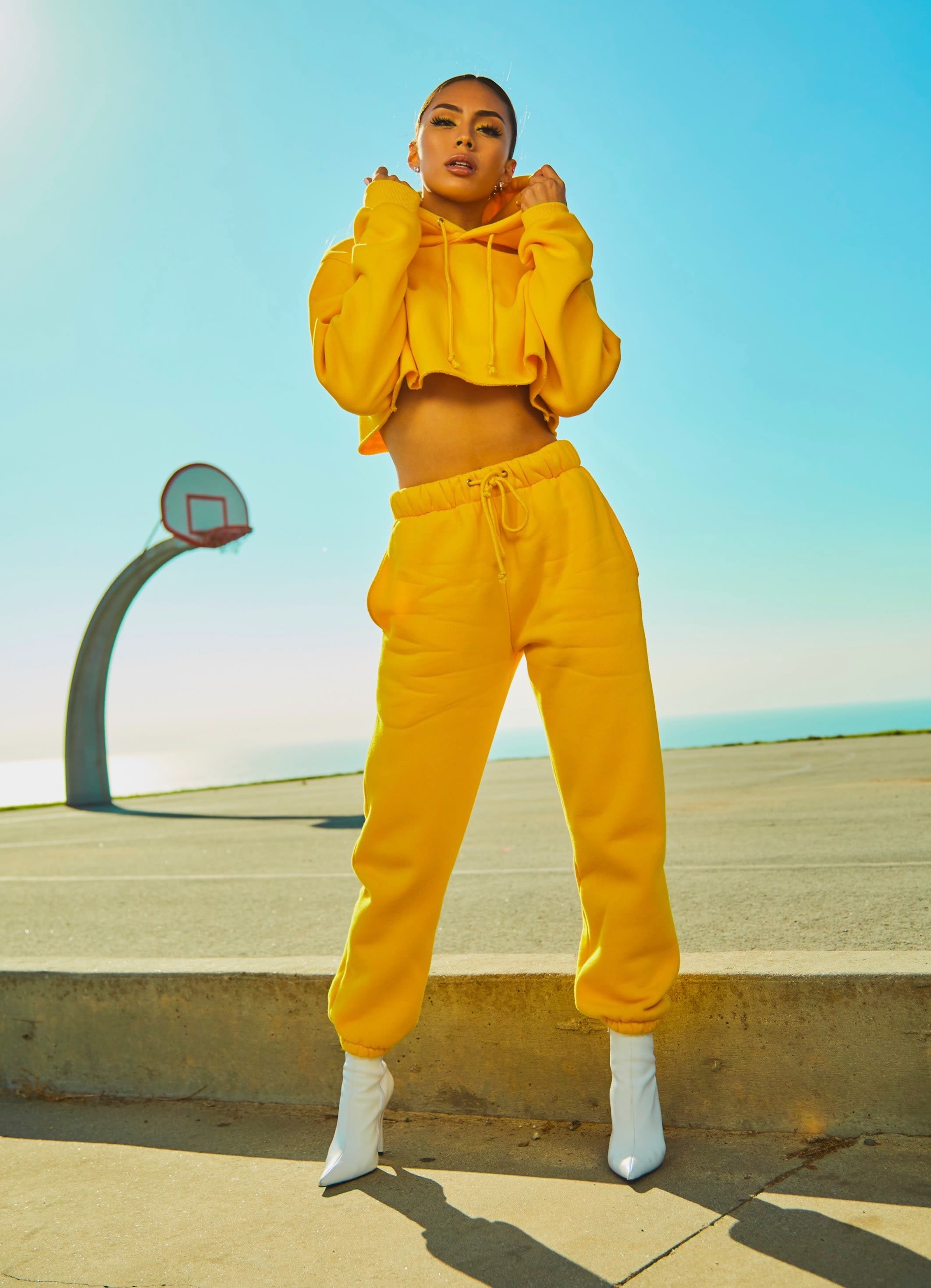
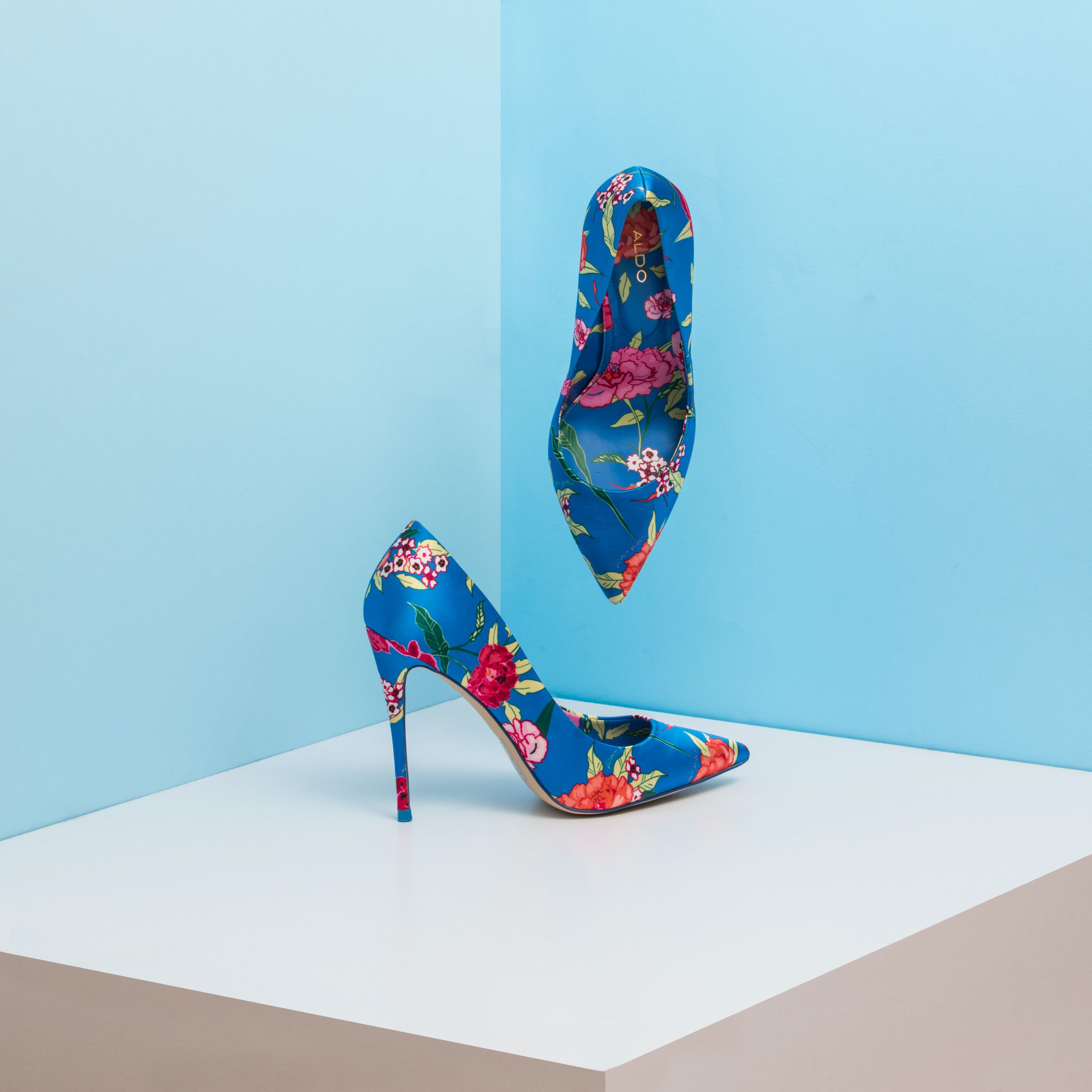
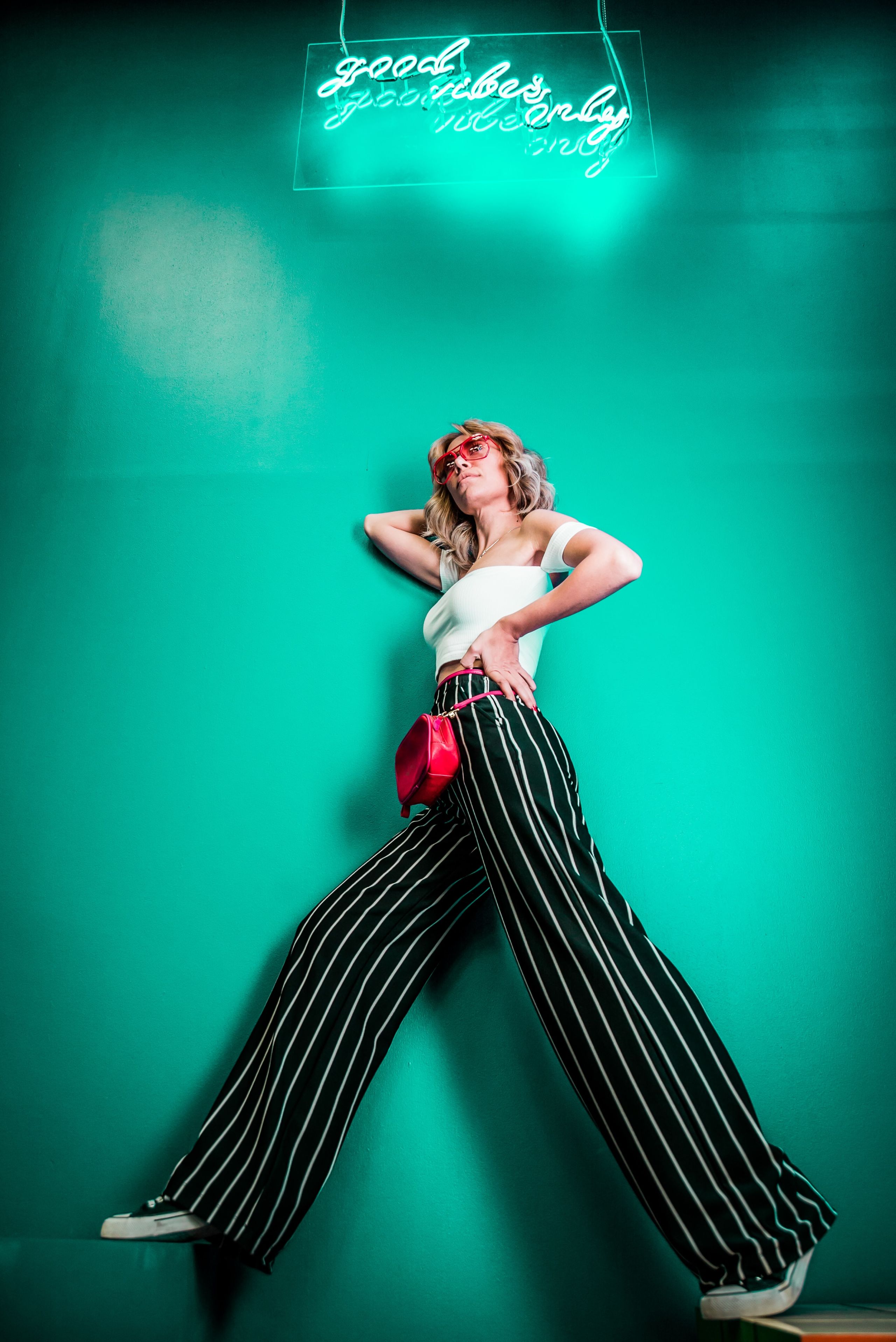
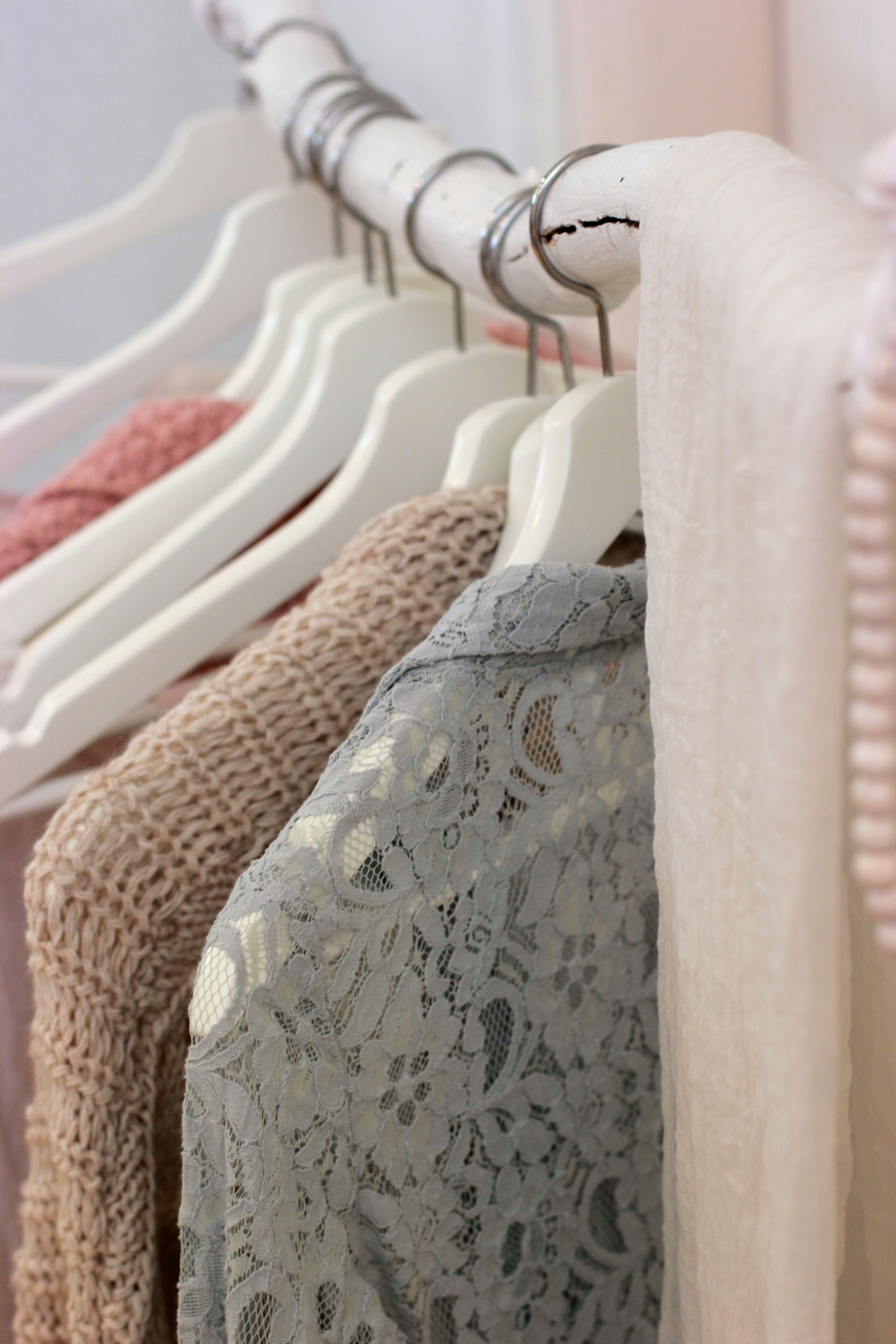
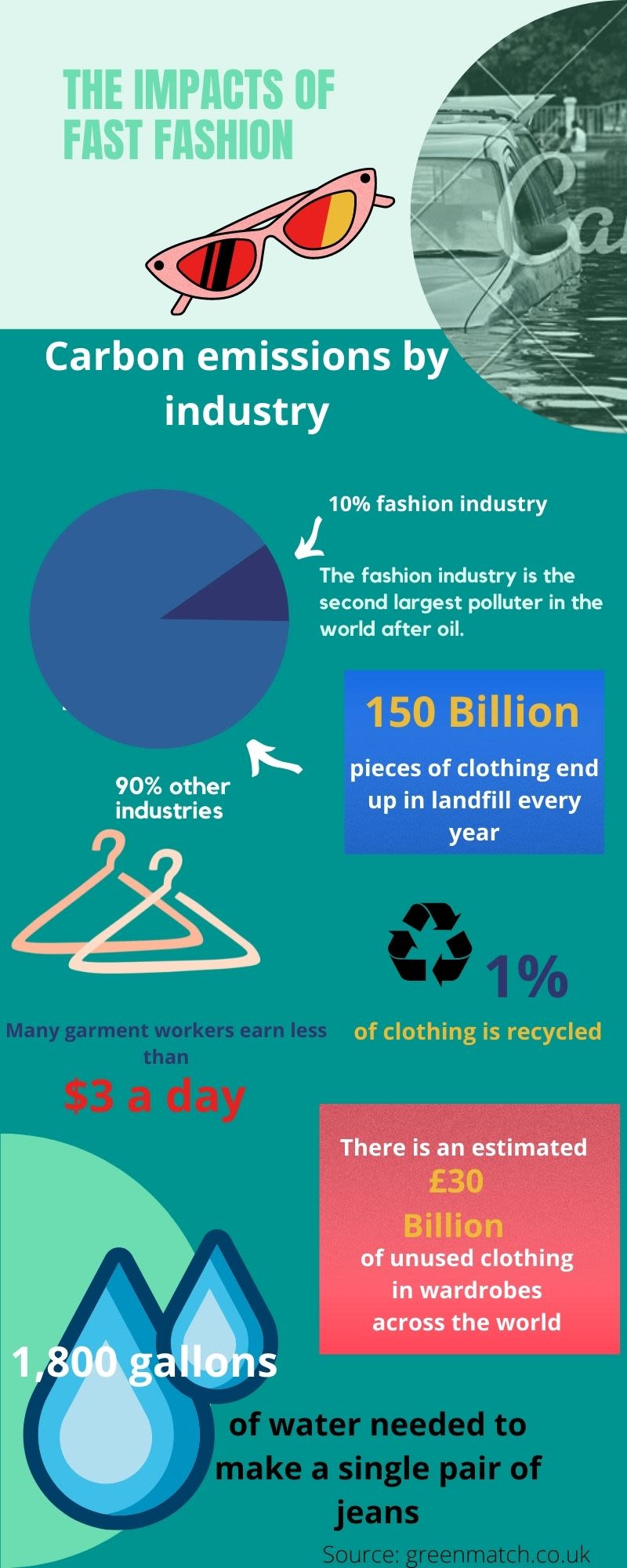
What is slow fashion?
We know fast fashion is unsustainable, so what are the solutions?
The term 'slow fashion' was coined in opposition to the ideals of fast fashion.
Slow fashion is about buying garments from ethical brands, buying more durable clothing and not treating outfits as disposable. It is about supporting independent businesses who treat their staff fairly, buying second hand from charity shops or online sites such as Depop or Vinted and asking yourself 'do I really need this' before making purchases.
The slow fashion movement is becoming more and more popular as people become increasingly conscious of the impacts of their clothes buying habits.
I spoke to two women who have set up their own slow fashion businesses to find out about how they make their clothing and why they think slow fashion is important.

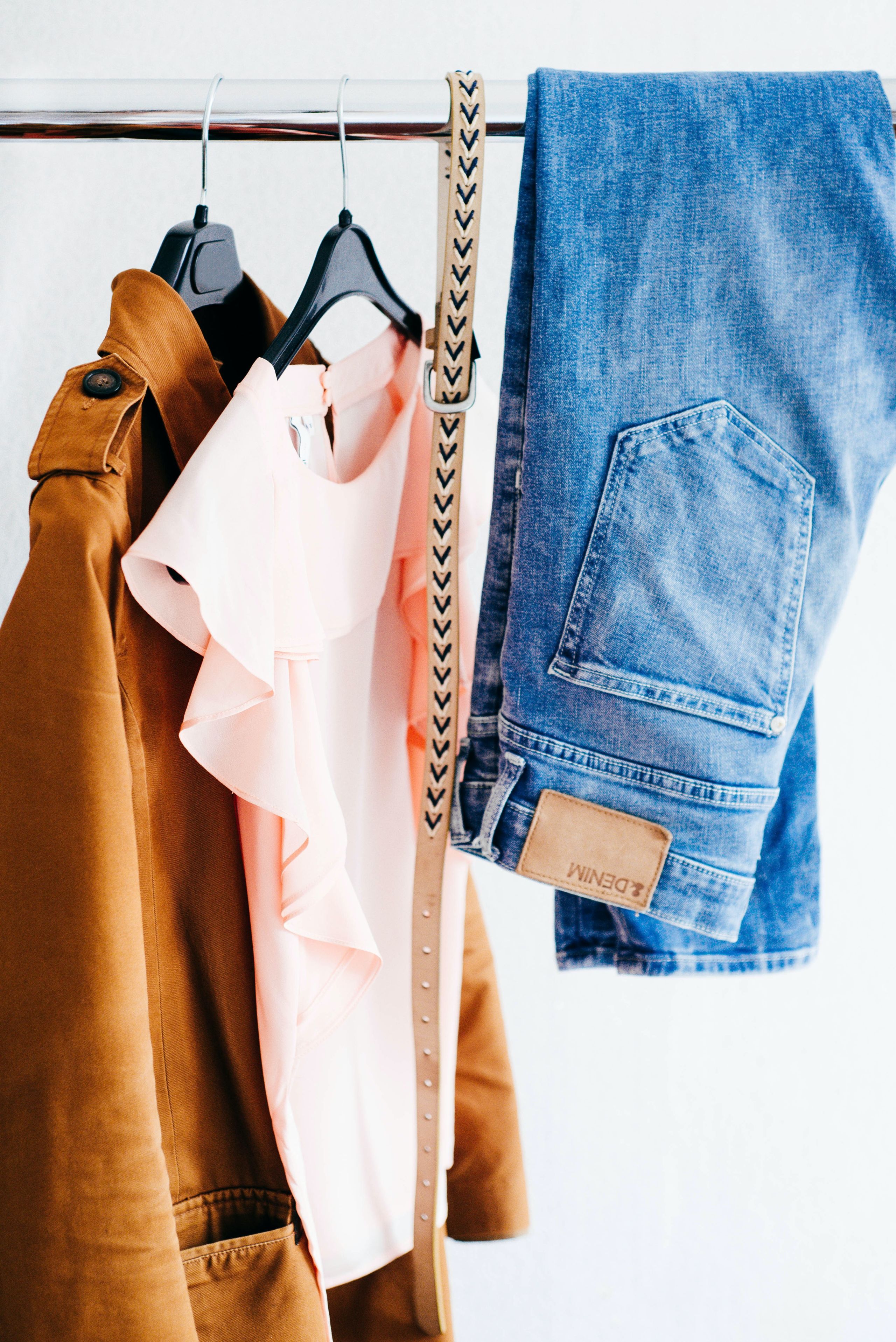
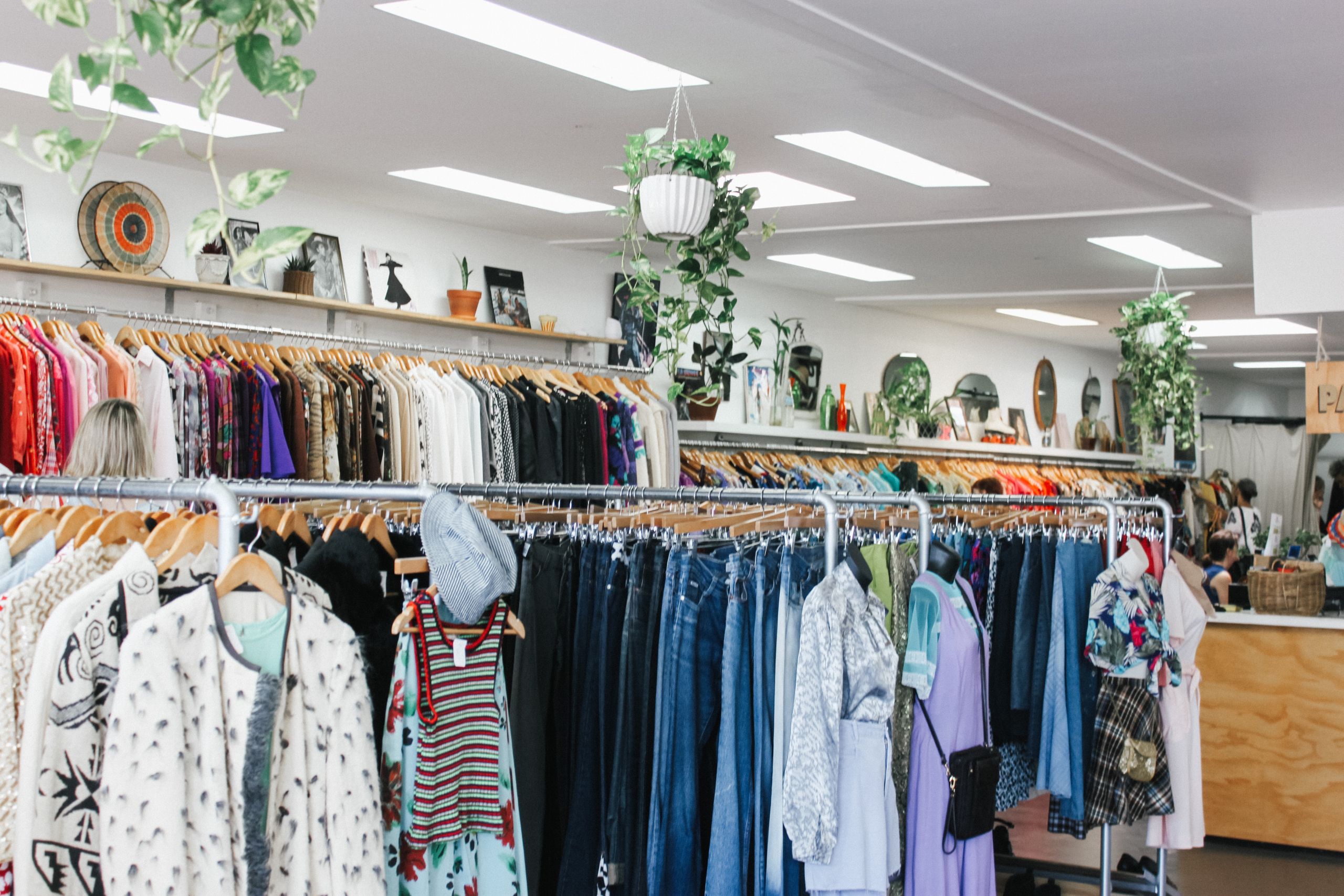
Made by Millie
University student Millie set up her own fashion brand 'Made by Millie' in July 2020.
"I was bored during lockdown and my mum's sewing machine was gathering dust so I decided to try and make my own top out of bedding. It all came from there!"she said.
Millie now runs her own 'one woman' handmade fashion brand.
She makes mostly funky patterned festival style outfits for women and donates £1 from every order to Refuge, a charity which provides support for women and children experiencing domestic violence.
All of Millie's clothes are made to measure and buyers can expect to receive their items 2-6 weeks after making their purchase.
Millie runs her business part time, alongside doing a degree and makes all of her clothes in her bedroom at home.
She splits up her clothes making process throughout the week, cutting out orders on Monday and Tuesday, overlocking on Wednesday and Thursday, sewing hems on Friday and sending out her orders over the weekend.
The success of Made By Mille honestly baffles me daily.", Millie told me.
"Having never sewn properly or done any fashion/arts courses this is never a path I would have seen myself on.
"It just shows it’s never too late to start having a passion!"
When asked about why she think slow fashion is important, Millie said this:
"I think slow fashion is so, so important, especially in the current climate.
"Recently fashion has become a temporary trend and a result of immediate gratification. Slow fashion helps people cherish items and stop exploiting people from deprived areas."
Check out Millie's website and Instagram for more information or to purchase an outfit.

Trouser Project
Megan Lewis dropped out of university to pursue a full-time career, upcycling and selling clothes. She uses mostly bleach to redesign old clothes which she sells both online and in her store in Affleck's palace. I spoke to Megan to find out more.
Megan's work can be found on the second floor of Affleck's palace, Manchester or online on the Trouser project website and on Instagram
